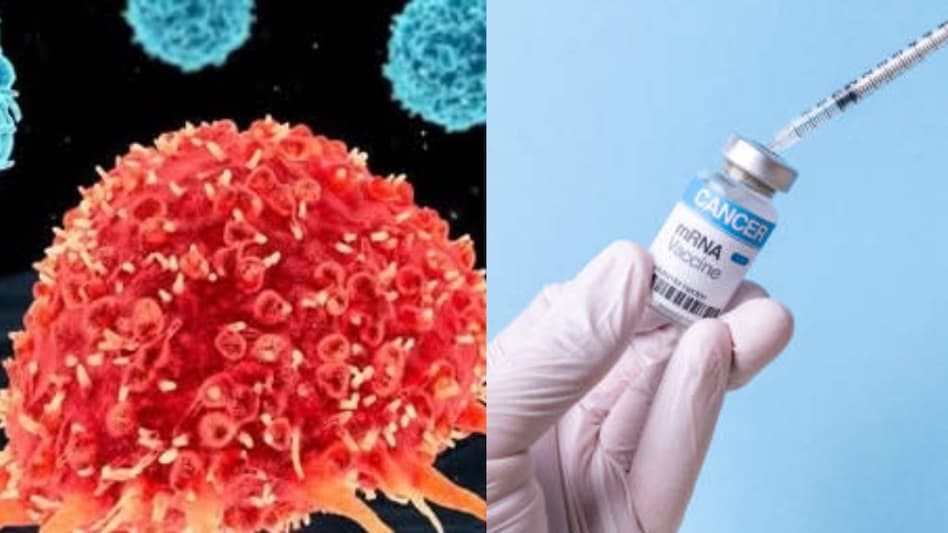Moscow—If it turned out to be successful, the Russian cancer vaccine due to be released late 2025 can revolutionize the treatment of various types of cancer that are threatening the lives of millions of peoples in the world.
Russian scientists are finalizing work on the new groundbreaking cancer vaccine, according to Alexander Gintsburg, the head of the Gamaleya Research Institute of Epidemiology and Microbiology.
Gintsburg made the remarks in an interview with RT on Tuesday, linking the cancer drug breakthrough to the rapid development of Covid vaccination methods. The Gamaleya Center created the Sputnik V Covid-19 inoculation in August 2020, one of the first to be developed in the world.

Work on the new vaccine was a multi-stage process. It started around the middle of 2022 when researchers realized that the mRNA technology underlying many Covid vaccines held great promise, according to Gintsburg.
“The new drug is a therapeutic vaccine to be administered to those already diagnosed with cancer, the Gamaleya chief said. It causes the patient’s immune system to start destroying malignant cells. The shot enables Cytotoxic lymphocytes, or white blood cells, that appear in the body of a vaccinated person to recognize foreign proteins (antigens) on the surface of tumor cells. Cytotoxic lymphocytes then find foreign, metastasizing cells and destroy them throughout the body,” RT said.
“This technology also offers a significant advantage as it enables the production of a very high concentration of the target protein required to activate the immune system, even exceeding the levels needed to train the immune system to distinguish between self and foreign proteins,” Gintsburg said as quoted by RT.
He stressed that the new vaccine is a truly personalized product in that individual drugs will be created for every patient because no two tumors are alike. The researchers have demonstrated its effectiveness in treating mice using an animal model of melanoma.
Currently, they are developing models for treating other oncological diseases, including non-small-cell lung cancer, which reportedly is the most frequently diagnosed cancer with the highest mortality rate. This type does not respond well to the existing treatment methods in oncology, such as surgery, radiation, or chemotherapy, he added.
“That’s why we are now creating such a model,” Gintsburg said. Other models for oncological diseases will also be developed, including for pancreatic cancer and certain types of kidney cancer.
Speaking about the new vaccine’s release date, the Gamaleya chief said that by around September 2025 work will begin at the Hertsen Oncological Research Institute and the Blokhin Cancer Center to introduce the treatment for real world patients.
